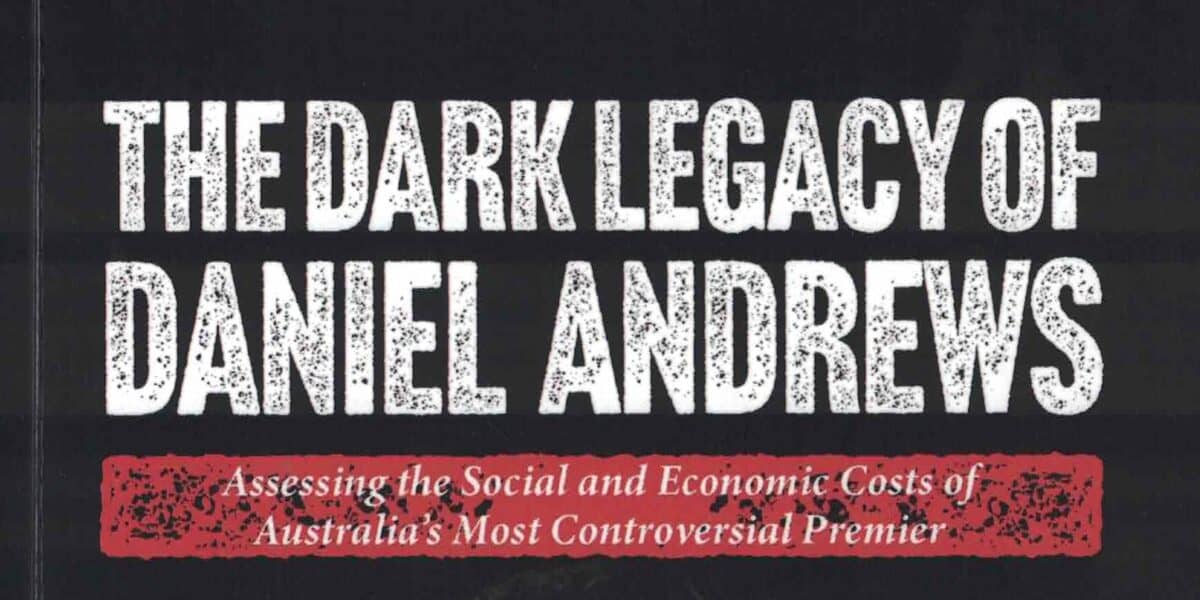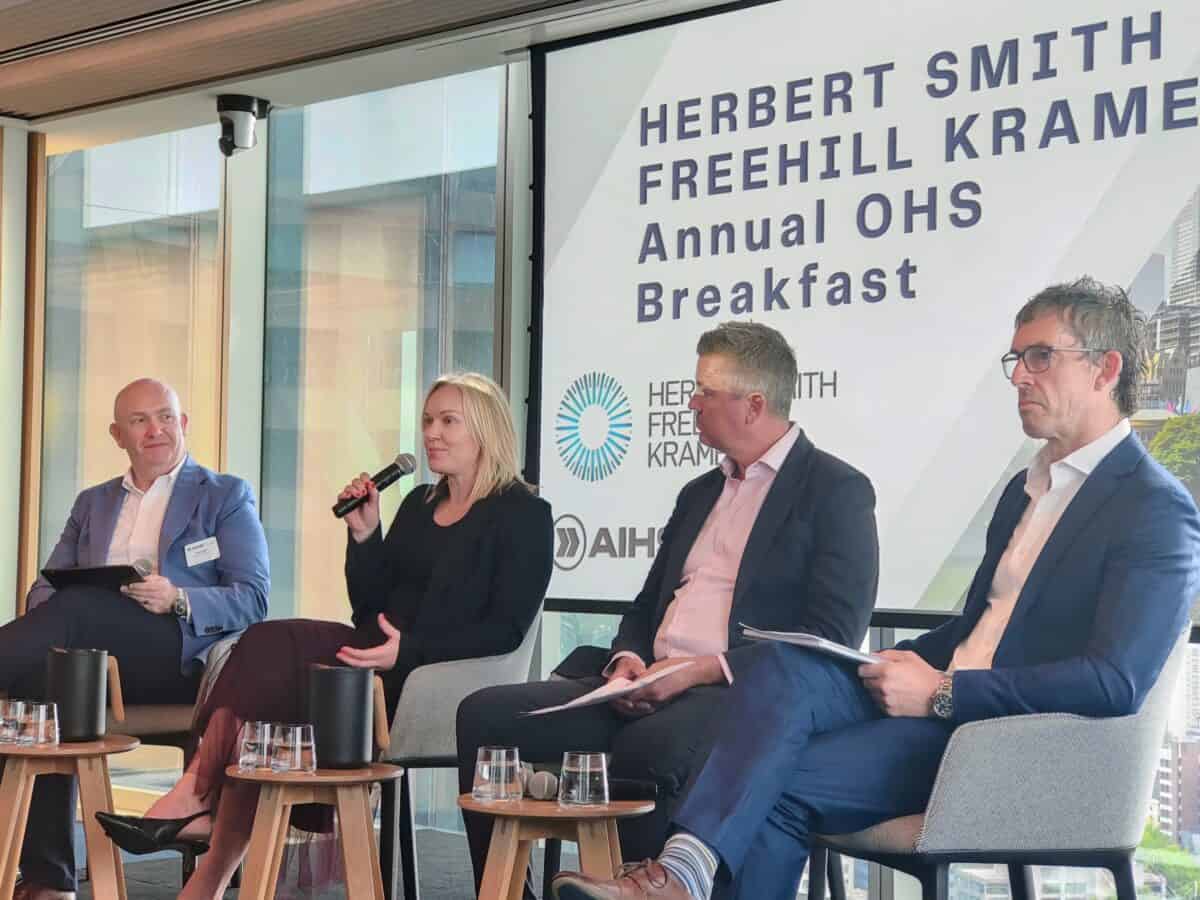Occupational health and safety (OHS) is rarely addressed in election campaigns, and the Victorian election in November is likely no exception. However, there are OHS issues that need to be discussed and addressed, and there may also be a political advantage.
Category: risk
The American Approach to Psychological Safety
Harvard Business Review (HBR) is an active publisher of articles on business management. In 2024, it released a collection of essays on psychological safety as part of its Emotional Intelligence series. HBR’s psychological safety advice is written for a U.S. corporate audience. It largely ignores the legislative duties that shape psychosocial risk management in Australia, so the advice should be considered with great caution.
When Ideology Masquerades as Analysis
I pride myself on listening to a broad range of views, so I purchased a recent book called “The Dark Legacy of Daniel Andrews – Assessing the Social and Economic Costs of Australia’s Most Controversial Premier“. Reading it stretched my patience as few of the various writers acknowledged that Premier Dan Andrews saved many lives during the COVID-19 pandemic, even though his very long lockdowns were economically and psychologically damaging.
I read this book looking for factual accuracy, analytical rigour, ideological framing, and relevance to OHS. It missed almost all my expectations.
How Regulatory Ideology Shapes Work Health and Safety Outcomes
Australian Treasurer Jim Chalmers and economist and Nobel Laureate Joseph Stiglitz are old friends. One of their conversations was turned into the lead article in the February edition of The Monthly (paywalled). Several of their thoughts impinge on how occupational health and safety (OHS) laws are applied and may be reformed.
The Psychosocial Hazard Australia Pretends Isn’t There
Last year, some Australian media, especially the right-wing press like Newscorp and its suite of commentators, were incensed when journalist Laura Tingle stated that she believed that Australia was a racist country. But statistics seem to support Tingle’s belief, and as occupational health and safety (OHS) operates within that culture, is it also racist?
A new discussion paper from OHS consultancy firm fr&nk (based on a series of LinkedIn posts) acknowledges racism is a problem and suggests ways to address this psychosocial hazard.
OHS keeps getting sidelined and everyone knows it
Recently, occupational health and safety (OHS) lawyer Steve Bell issued a challenge to all those who provide leadership training to executives.
At the annual breakfast for the Australian Health and Safety Institute, supported by Herbert Smith Freehills Kramer, Bell shared this leadership training scenario with his panel of experts:
Why Modern Leadership Can’t Deliver Safe Work
The most popular solution to physical and psychological occupational health and safety (OHS) problems is leadership. Leadership is crucial to implementing changes to work processes and policies that can prevent harm, yet we often view leadership as executive benevolence, without really examining executive leadership in modern workplaces.
Looking at current leadership traits through a different lens may help us understand why it continues to be so difficult to improve worker health and safety.







